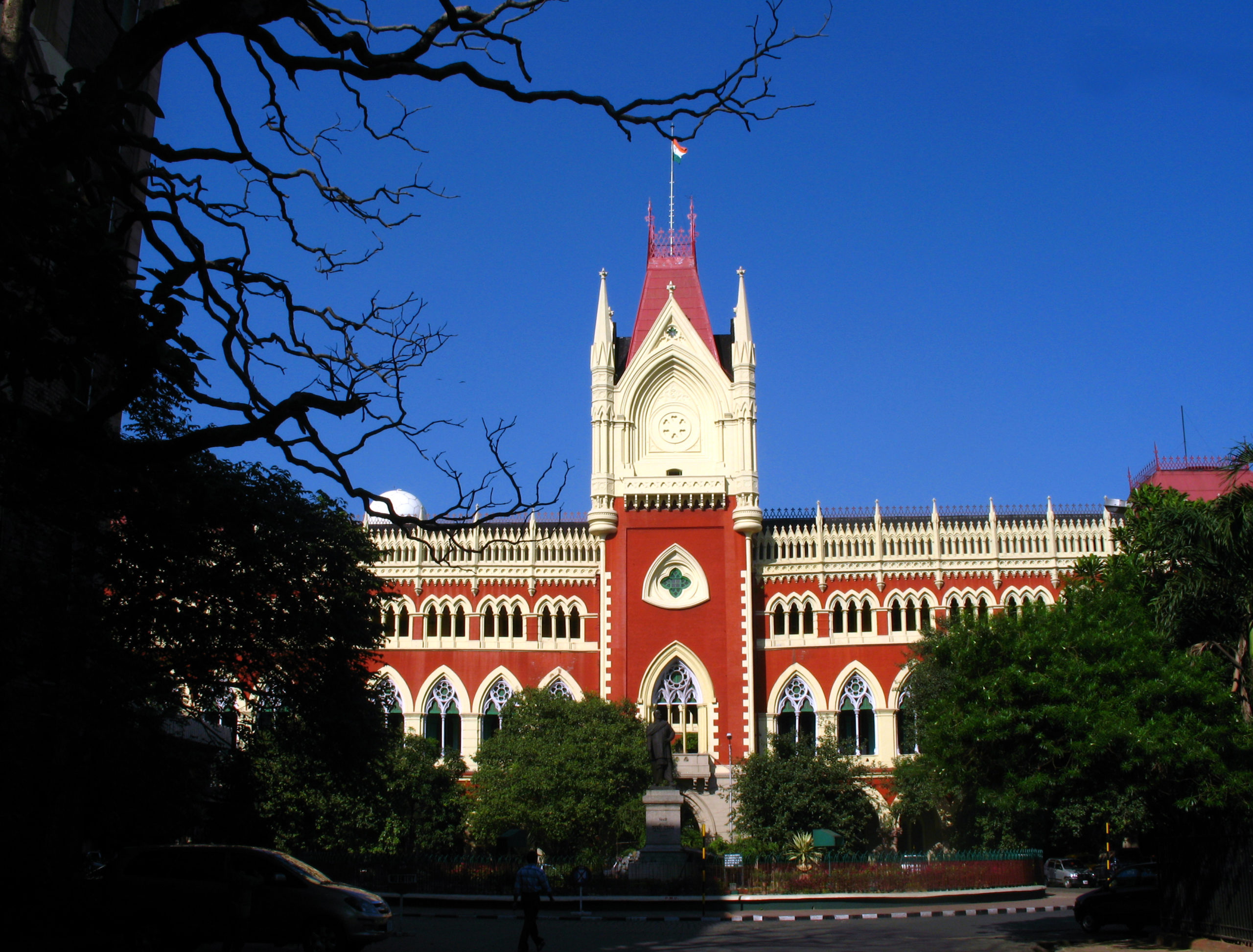Khushi Bajpai
Published on: 29th September, 2022 at 17:56 IST
In a significant judgement delivered on Wednesday, a Division Bench of the Calcutta High Court has held that the West Bengal ‘Duare Ration Scheme’, under which the state government delivers foodgrains through the public distribution system at the doorsteps of beneficiaries, is illegal and ultra vires the National Food Security Act, 2013 (NFS Act).
The meal scheme was part of Chief Minister Mamata Banerjee‘s election manifesto, promising free ration at the doorstep to beneficiaries.
The Division Bench was adjudicating upon two appeals from two single judge orders wherein the vires of the meal scheme of the West Bengal Government were upheld.
By order dated December 23, 2021, Justice Moushumi Bhattacharya, vide order dated December 23, 2021, had upheld the meal scheme by opining that a reform in the targeted public distribution system and a welfare scheme formulated for achieving food and nutritional security is a necessity-driven measure to tide over the extant existential challenge.
A Division Bench comprising Justice Aniruddha Roy and Justice Chitta Ranjan Dash underscored:
“We are, therefore, constrained to hold that the State Government has transgressed the limit of delegation by obliging the Fair Price Shop dealers to distribute the rations to the beneficiaries at their doorstep in the absence of any authority to that effect in the enabling Act, i.e., the “NFS Act”
“If the ‘NFS Act’ is amended by the wisdom of the Union Legislature, i.e., Parliament, for doorstep delivery of food grains to the beneficiaries or invests any such power in the State Government, then only such a scheme can be made by the State and that can be said to be in sync with the enabling Act.”
The Court noted that pursuant to a perusal of the rival submissions, the concerned Single Judges in the impugned orders passed have not properly construed the ‘benefits’ spoken of within the meaning of “welfare scheme” that the State can undertake and the role assigned to the State Government in different provisions of the National Food Security Act, 2013.
The Court noted that the outer limit of delivery that has been stipulated in the enabling Act, i.e., the National Food Security Act, 2013, only extends to and ends at the doorstep of the fair price shop.
Therefore, it was held that the state government, on the pretext of welfare or to supplement the enabling Act, cannot transgress that outer limit by providing benefits from the fair price shop to the doorstep of the ration card holder.
The Bench underscored that the wisdom of the legislature cannot be questioned and statutory provisions cannot be transgressed.
“The sovereign parliament, in their wisdom, has fixed the outer limit of delivery of foodstuffs after due regard to the aims and objectives of the Act. Various provisions have been made, which are essentially “machinery provisions” for proper monitoring, checking on pilferage, and reaching out of the benefits to actual beneficiaries.
“The legislature has not covered this extra mile or unexplored distance in its wisdom that legislative wisdom can neither be questioned in “Judicial Review” nor the gap be filled up by the exercise of plenary power under Article 226 of the Constitution of India.”
Accordingly, the Court held that the State Government in making the “Duare Ration Scheme” has exceeded the limit of delegation by the enabling Act and that it is ultra vires the National Food Security Act, 2013.

